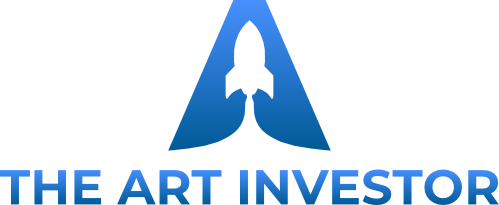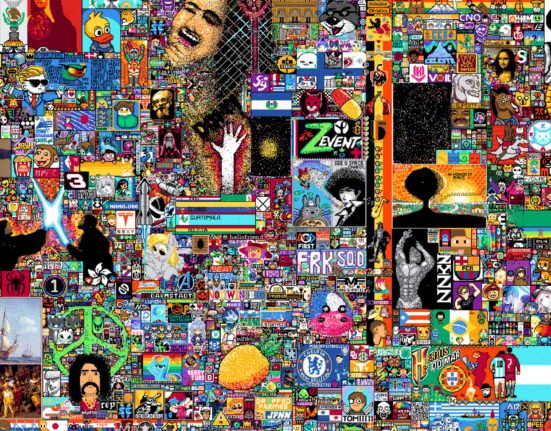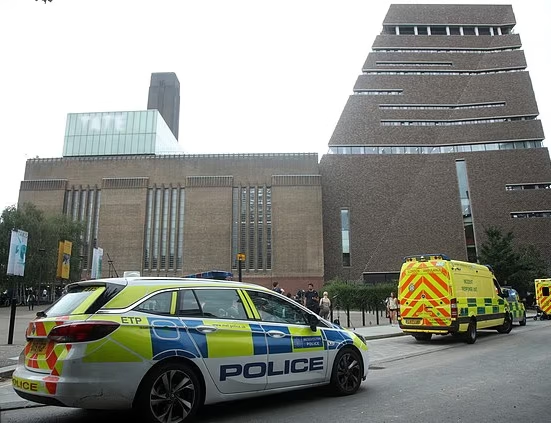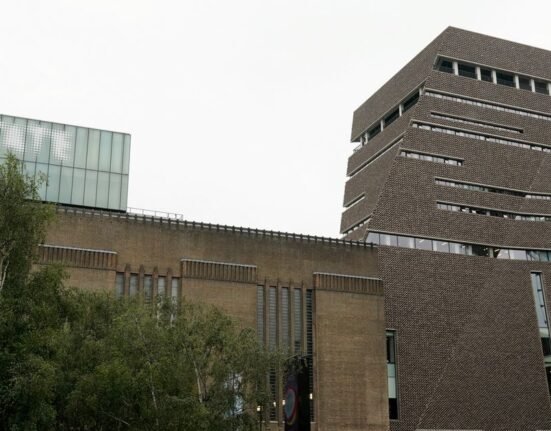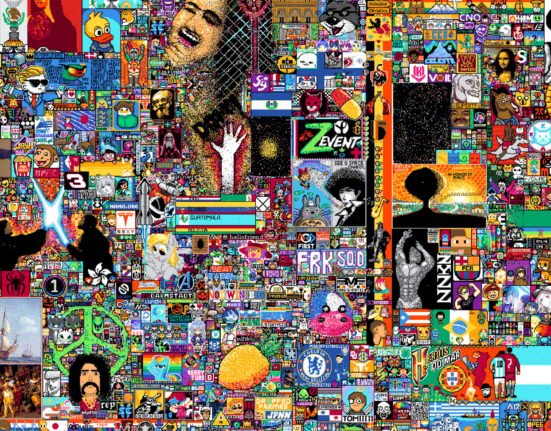A program designed for the future
The program recognizes the ever-evolving nature of digital art and multiple technological applications.
To ensure this, program faculty actively participate in ongoing research to keep the curriculum up to date with the latest practices in the ever-evolving technological landscape. Regular updates, workshops, and student experiences ensure the program remains at the forefront of innovation. Collaborations with industry experts from companies like Ohio Supercomputer and IBM provide students with access to cutting-edge technology, preparing them to excel as leaders in the field.
“Artists have always been early adapters of technologies and have worked side by side with technology partners, initiatives, and scientists to create unique experiences and art practices,” said Masri Zada. “This is part of our goal to keep expanding our partnerships to encourage our digital art and technology students to push boundaries and connect them and have them experience many new technologies, workshops, partnerships, and external experiential learning opportunities to help them push boundaries and explore uncharted territories of art that utilize such technologies with a contemporary studio art practice.”
Balancing artistic vision with technical expertise
The DAT concentration balances the development of foundational art skills with acquiring digital and technological expertise. Courses emphasize experimentation, with plenty of tutorials, workshops, and demos to introduce students to new mediums, technologies, and experiences. Each student’s unique artistic background is integrated with their newly acquired technical skills, allowing them to build strong studio art concepts that can be presented as part of their contemporary art practice in physical spaces.
A hub of innovation and collaboration
The digital arts degree program provides students with access to a range of specialized facilities and equipment to support their creative endeavors. This includes:
High-Performance Computing: Students have access to two remote supercomputers that offer exceptional processing power for demanding applications and the program’s dedicated AI programs.
Studio Space: Students have access to dedicated studio spaces for both group and individual work, providing opportunities to further their creative explorations beyond class time.
Digital Fabrication Lab: The program features a well-equipped digital fabrication lab featuring a large laser cutter, several smaller laser cutters, an upcoming CNC machine, multiple 3D printers, and vinyl cutters.
Emerging Technologies: Students have access to a continually expanding collection of cutting-edge technologies, including VR and AR equipment, Arduino circuitry boards, various controllers, projectors, high-performance computers, and more.
Additional Resources: To ensure students have a solid foundation, the DAT program partners with various resources on campus in Athens, such as the CREATE_Space in the College of Fine Arts and the CoLab in the Vernon R. Alden library. These collaborations, combined with hands-on learning opportunities and workshops, offer students a comprehensive support network.
